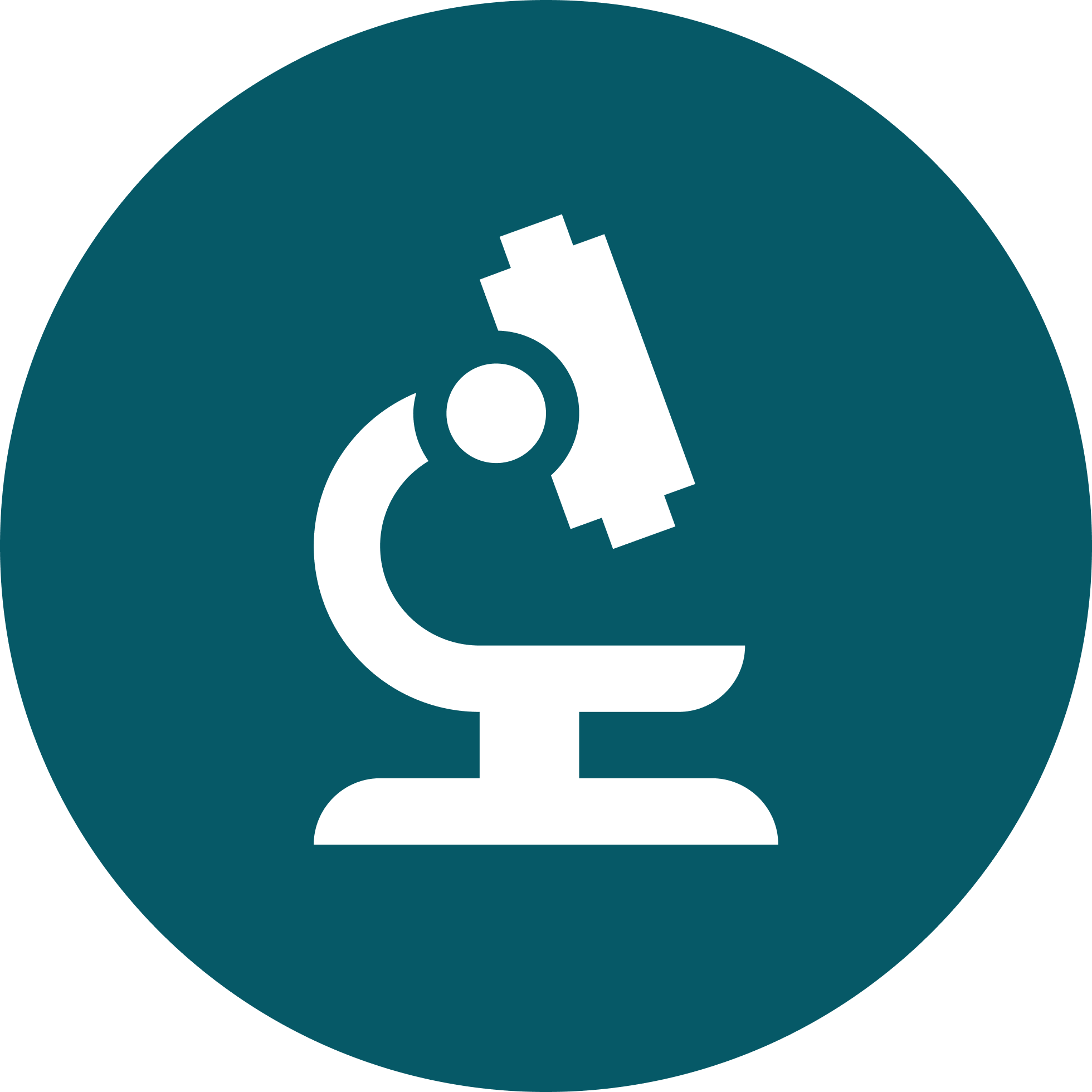
For all those other non-Americans like me who are not completely up to date on this:
Trump was barred by the Colorado Supreme Court from appearing in the Republican primary in the state because of his role in the January 6 insurrection, reversing a previous decision by a lower court that ruled that while Trump did engage in insurrection, he’s technically not an “officer of the United States”, which apparently makes insurrection OK. This will almost certainly go to the US Supreme Court which appears likely to overturn it, given some of their previous decisions and the fact that it contains 3 Trump appointees. Colorado is a solidly Democratic state which is very likely to go to Biden anyway, but the decision still seems quite important, given that this is the first time something like this has happened.
Trump’s campaign called the decision “undemocratic”, Biden’s campaign declined to comment.








sci-hub doesn’t get new research papers any more, and the new alternatives are all much less user friendly. As far as I can tell, wosonhj.com is what’s currently recommended, where you have to post in a forum and wait for either a bot or a human to send the paper to you. Other alternatives, like annas-archive, nexusbot or STC all didn’t have the paper I was looking for.
I just want old sci-hub back, honestly.